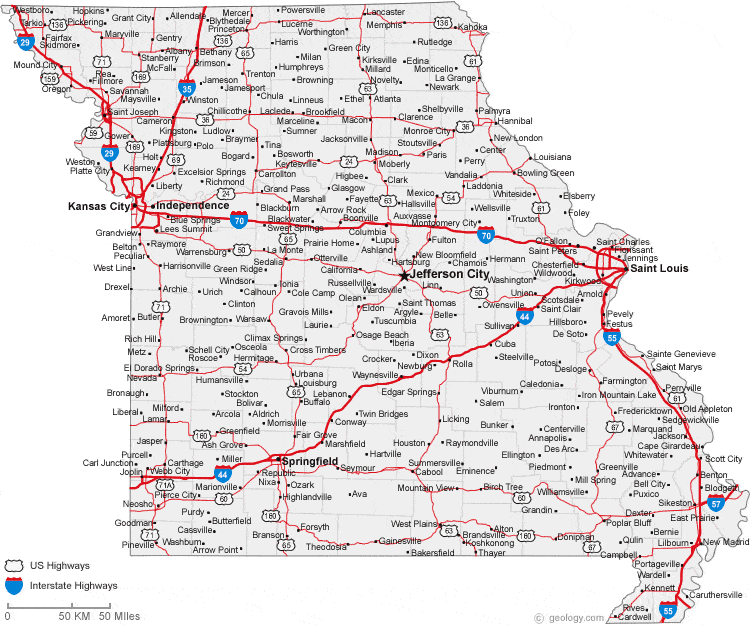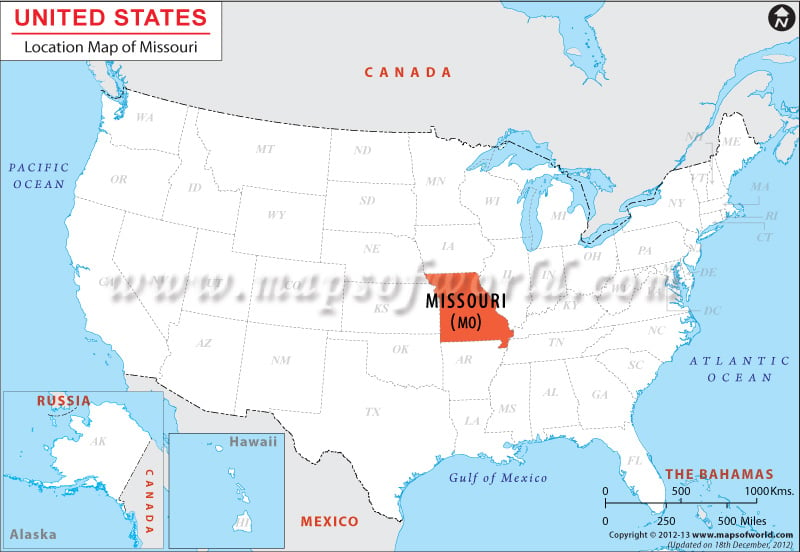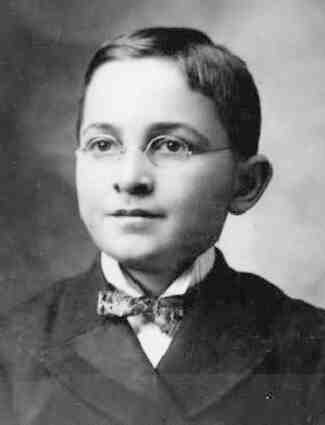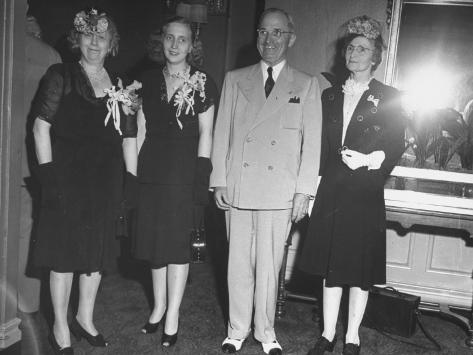U.S. History Period 6
Category 1
A. Born: May 8, 1884; Died: in 1972
B. April 12, 1945 – January 20, 1953
C. Democrat
Category 2
A. Lamar, Missouri
B.

C.

Category 3
A.

B.

C.

Category 4
Growing up Harry S. Truman was not born into a wealthy family. His parents were hard working farmers and the father was also a livestock dealer and a road overseer(supervisor). He had a brother John Vivian and a sister Mary Jane. He went to the university of Missouri -Kansas state university but did not get a degree because his family was to poor to afford college.
Category 5
" Life Before the Presidency"
Before Harry became president he was going to attend west point but couldn't because his family was too poor. So he attended a business college in Kansas City for a semester. He then became a clerk at a bank. Then he left his job as a clerk and helped out on the family farm.
Category 6
"Life and accomplishments as President"
His vice president was Henry Wallace. His secretary of state was Edward R Stettinus. His secretary of defense was James V Forrestal.
Category 7
At 7:09 P.M. on April 12, 1945, Harry S. Truman, the Vice President of the United States, was elevated by the sudden death of Franklin D. Roosevelt to the Presidency of the United States. He lacked a month of being 61 years old, and he had been Vice President for only 83 days when Chief Justice Harlan F. Stone administered the oath in the White House Cabinet Room.
It was the third time since 1900 that a President had died in office, but it was the first wartime accession. For Truman, a hitherto minor national figure with a pedestrian background as a Senator from Missouri, the awesome moment came without his having intimate knowledge of the nation's tremendously intricate war and foreign policies. These he had to become acquainted with and to deal with instantly, for on him alone, a former haberdasher and politician of unspectacular scale, devolved the Executive power of one of the world's mightiest nations.
"But now the lightning had struck, and events beyond anyone's control had taken command," Truman wrote later.
These events, over which he presided and on which he placed his indelible imprint, were among the most momentous in national and world history, for they took place in the shadow and the hope of the Atomic Age, whose beginning coincided with Truman's accession. And during his eight years in office, the outlines of the cold war were fashioned.
In war-ravaged Europe in those years, Truman and the United States established peace and held back Soviet expansion and built economic and political stability through the Truman Doctrine, the Marshall Plan and the North Atlantic Treaty Organization. In the Mideast he recognized the State of Israel. In the Far East the President imposed peace and constitutional democracy on the Japanese enemy, tried valiantly to save China from Communism and chose to wage war in Korea to halt aggression. In the United States, Truman led the nation's conversion from war to peace, while maintaining a stable and prosperous economy.
Category 8
"Domestic Policies"
"Foreign Policy Accomplishments"
The Truman Doctrine was the first in a succession of containment moves by the United States, followed by economic restoration of Western Europe through The Marshall Plan and military containment by the creation of NATO in 1949. In Truman's words, it became "the policy of the United States to support free peoples who are resisting attempted subjugation by armed minorities or by outside pressures." Using a framing rhetoric that continues to have resonance today, Truman reasoned that because these "totalitarian regimes" coerced "free peoples," they represented a threat to international peace and the national security of the United States.
Category 10
Harry S Truman did both good and bad thing as president. The good was he officaily ended segregation in the U.S. military and declaring
there shall be equality of treatment and opportunity for all persons in the armed services without regard to race, color, religion or national origin." The bad was hesupported and funded the return of Vietnam to France after World War II. He sent the Military Assistance Advisory Group to Vietnam. He used the Smith Act bad.
No comments:
Post a Comment